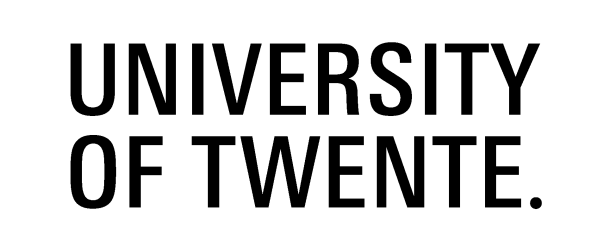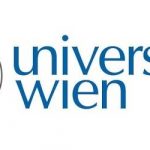University of Twente Joins New European Consortium Called Quantum Large Scale Integration with Silicon

(ScienceBusiness.net) The University of Twente is one of the partners of a new European consortium on quantum computing, called QLSI (Quantum Large Scale Integration with Silicon). The partners aim at the development of quantum bits based on silicon technology. Silicon has the advantage of a mature manufacturing technology with advanced upscaling properties. Joining forces in exploiting this in quantum processors, is one of the starting points of QLSI, which is part of the ten year programme Quantum Flagship.
Project leader of the new consortium, CEA-LETI in Grenoble, already demonstrated a CMOS-based quantum bit some years ago. The QLSI consortium, consisting of 19 partners, is aiming at scaling this up to a demonstrator processor of 16 qubits. QUANT has extensive knowledge on the applicability of silicon, UT’s MESA+ NanoLab offers high level infrastructure for this.
The Quantum Flagship of the European Union is a ten year, one billion euro programme, to give Europe a frontrunner position in quantum technology. The new QLSI consortium is part of this: it runs for four years and has a 15 million euro budget.
Next to the University of Twente, the partners of QLSI are: CEA (Grenoble), TU Delft/Qutech, CNRS, IMEC, TNO, Fraunhofer Instituten IPMS en IAF, Universiteit Kopenhagen, University College London, Forschungszentrum Jülich, University of Basel, Hitachi, University of Konstanz, Leibniz Institut IHP, ATOS, STMicroelectronics, INFINEON Dresden, QUANTUM Motion and SOITEC.


















